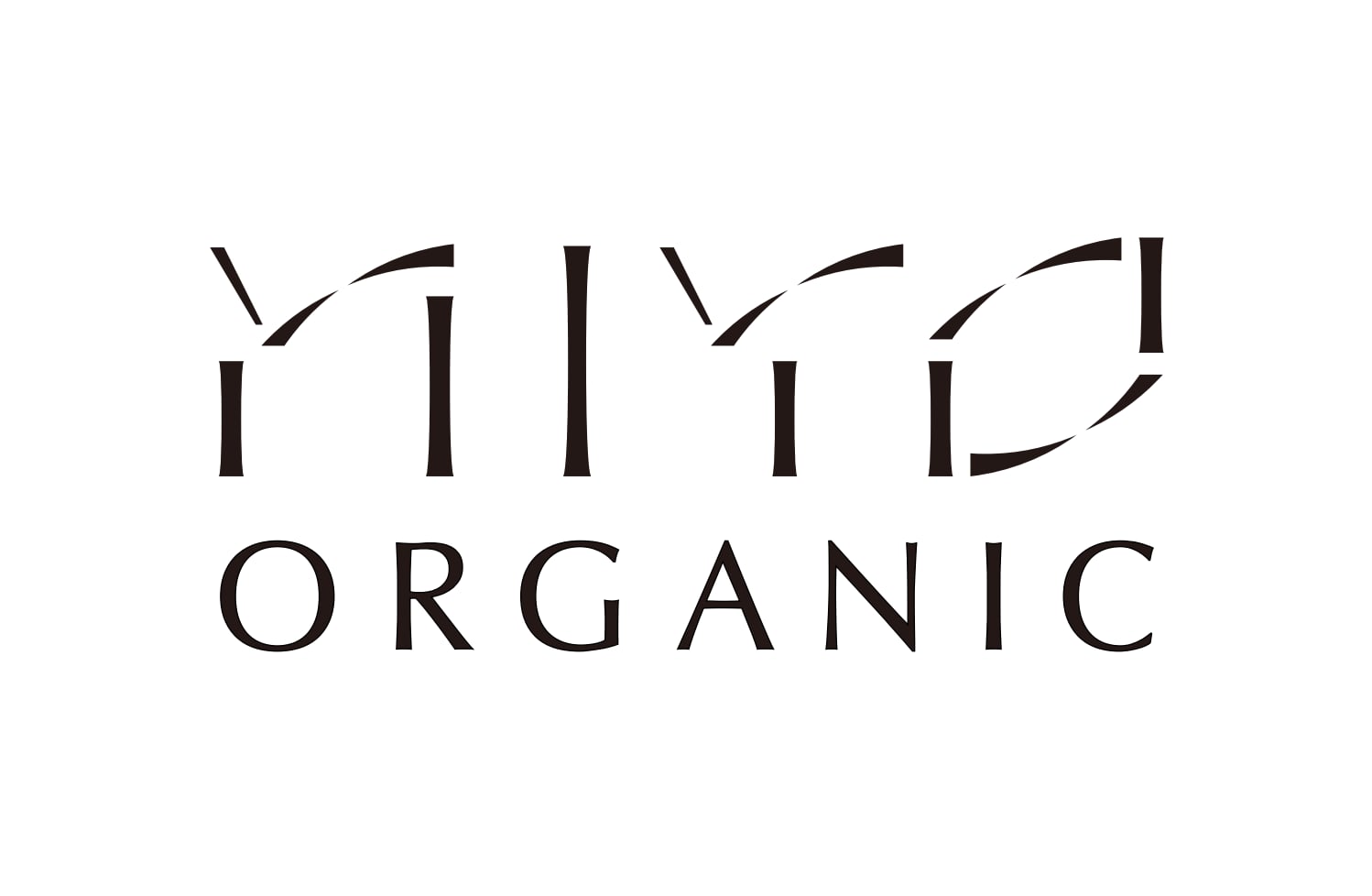

MiYO ORGANIC. Inc

1.6
Aichi Prefecture, Japan
July 2025
Personal care products
Wholesale/Retail
Japan
MiYO ORGANIC is a purpose-driven brand committed to offering safe, sustainable, and comfortable choices for everyday living—starting with the items we use daily. Our mission is to contribute to the well-being of the planet by integrating sustainability into people’s routines around the world. The brand began with a simple realization: during a hotel stay, we were struck by the fact that a toothbrush—used only twice, at night and in the morning—is immediately thrown away. We are proud to have received the Good Design Award in 2022 and 2024, as well as the crQlr Award, which recognizes innovative ideas shaping a circular economy. These honors reflect our commitment to designing for sustainability and impact. Through our upcycling platform, we also collect used amenities from hotels and transform them into new items such as hangers and coasters, promoting a closed-loop system and reducing plastic waste. MiYO ORGANIC exists to pass on a beautiful planet to the next generation. We believe that everyday choices can lead to extraordinary change, and we are committed to designing a circular, inclusive future for all.
Overall B Impact Score
Governance 8.7
Governance evaluates a company's overall mission, engagement around its social/environmental impact, ethics, and transparency. This section also evaluates the ability of a company to protect their mission and formally consider stakeholders in decision making through their corporate structure (e.g. benefit corporation) or corporate governing documents.
What is this? A company with an Impact Business Model is intentionally designed to create a specific positive outcome for one of its stakeholders - such as workers, community, environment, or customers.
Workers 22.1
Workers evaluates a company’s contributions to its employees’ financial security, health & safety, wellness, career development, and engagement & satisfaction. In addition, this section recognizes business models designed to benefit workers, such as companies that are at least 40% owned by non-executive employees and those that have workforce development programs to support individuals with barriers to employment.
Community 24.4
Community evaluates a company’s engagement with and impact on the communities in which it operates, hires from, and sources from. Topics include diversity, equity & inclusion, economic impact, civic engagement, charitable giving, and supply chain management. In addition, this section recognizes business models that are designed to address specific community-oriented problems, such as poverty alleviation through fair trade sourcing or distribution via microenterprises, producer cooperative models, locally focused economic development, and formal charitable giving commitments.
Environment 24.8
Environment evaluates a company’s overall environmental management practices as well as its impact on the air, climate, water, land, and biodiversity. This includes the direct impact of a company’s operations and, when applicable its supply chain and distribution channels. This section also recognizes companies with environmentally innovative production processes and those that sell products or services that have a positive environmental impact. Some examples might include products and services that create renewable energy, reduce consumption or waste, conserve land or wildlife, provide less toxic alternatives to the market, or educate people about environmental problems.
What is this? A company with an Impact Business Model is intentionally designed to create a specific positive outcome for one of its stakeholders - such as workers, community, environment, or customers.
Customers 5.5
Customers evaluates a company’s stewardship of its customers through the quality of its products and services, ethical marketing, data privacy and security, and feedback channels. In addition, this section recognizes products or services that are designed to address a particular social problem for or through its customers, such as health or educational products, arts & media products, serving underserved customers/clients, and services that improve the social impact of other businesses or organizations.
What is this? A company with an Impact Business Model is intentionally designed to create a specific positive outcome for one of its stakeholders - such as workers, community, environment, or customers.